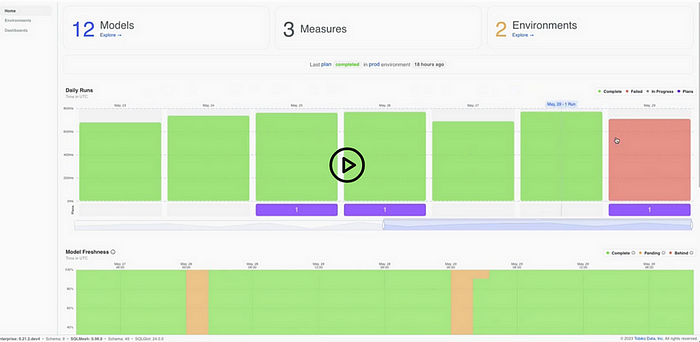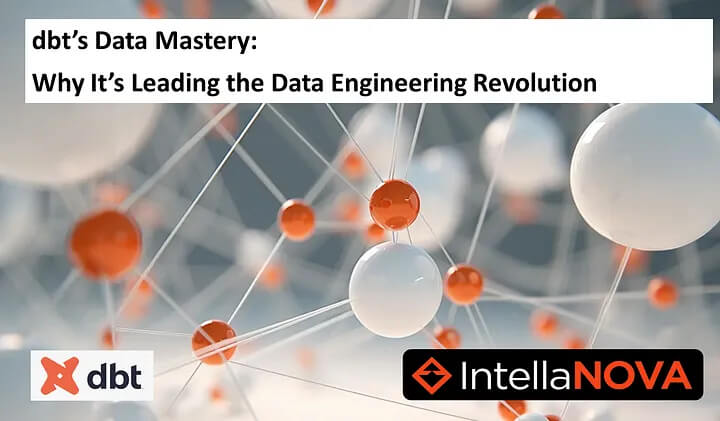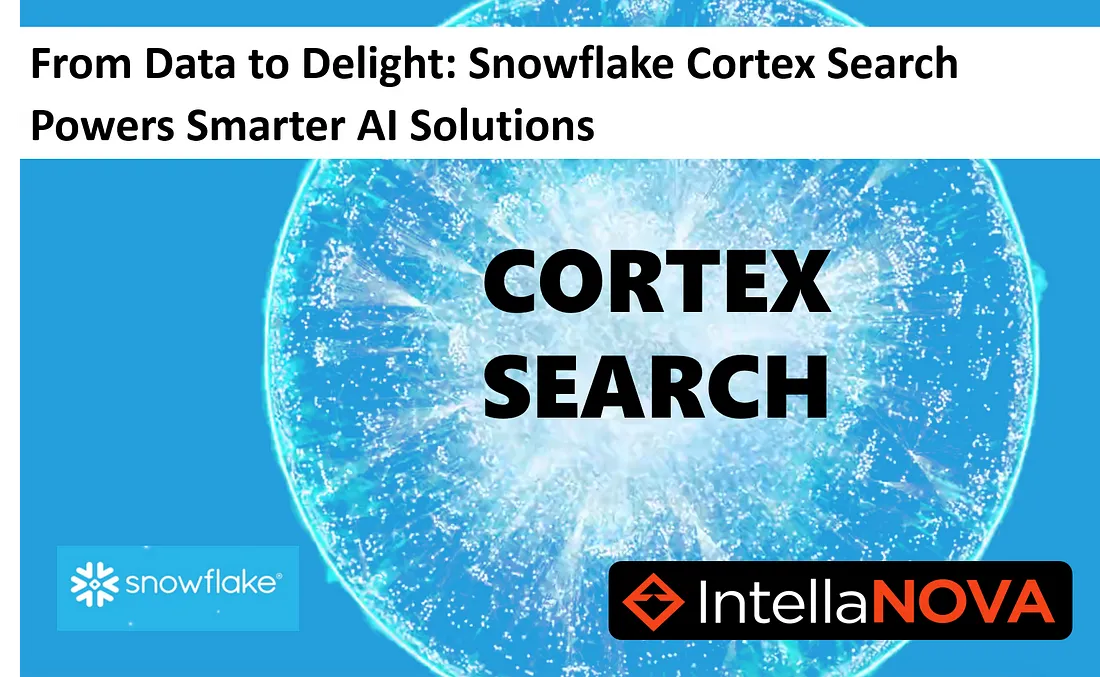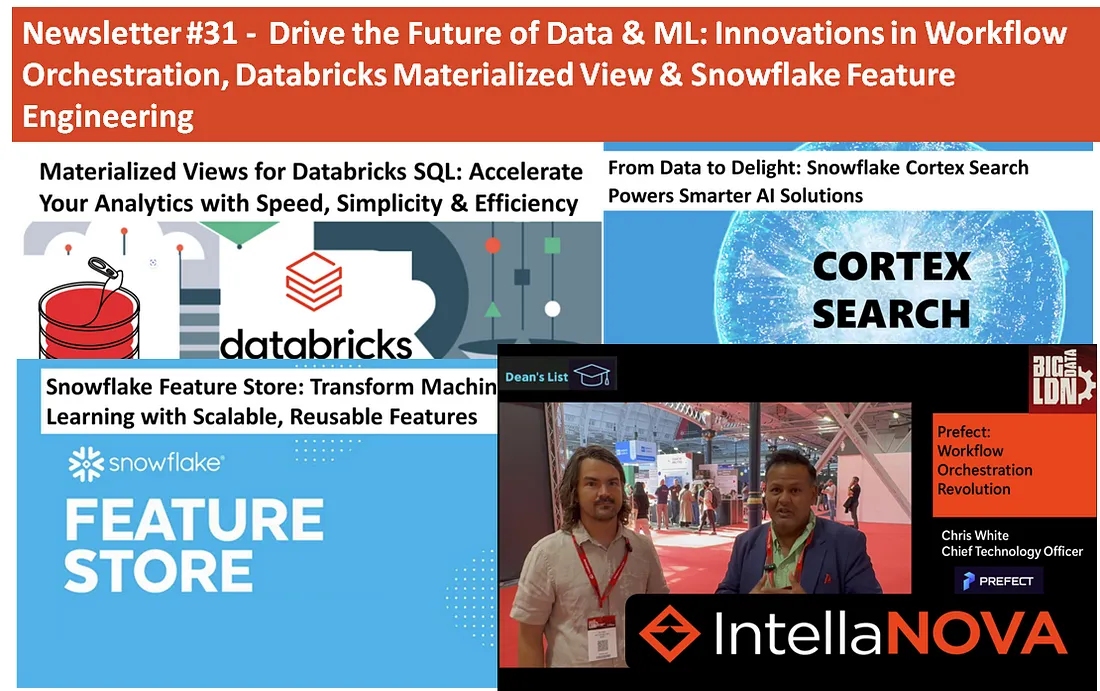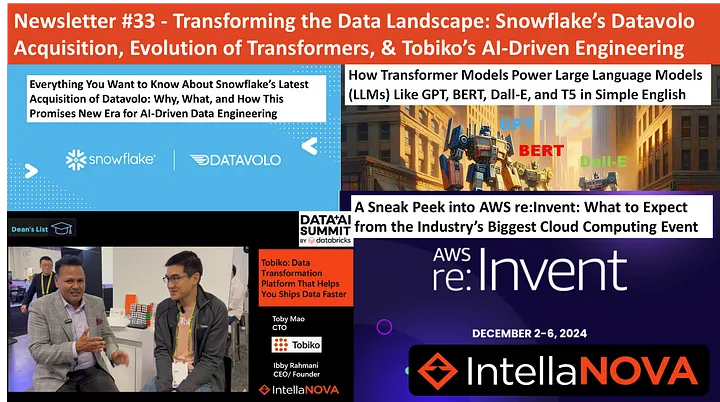
Newsletter # 33— Transforming the Data Landscape: Snowflake’s Datavolo Acquisition, Evolution of AI Transformers, AWS re:Invent, and Tobiko’s AI-Driven Engineering
Everything You Want to Know About Snowflake’s Latest Acquisition of Datavolo: A New Era for AI-Driven Data Engineering
In a strategic move to redefine data engineering for the AI era, Snowflake has acquired Datavolo, a leader in multimodal data pipeline management powered by Apache NiFi. This acquisition addresses a critical gap in Snowflake’s offerings — the “bronze layer” of the data lifecycle, where raw data from diverse sources is ingested, processed, and prepared for further analysis. By integrating Datavolo’s NiFi-powered capabilities, Snowflake aims to simplify data integration, enhance support for unstructured data, and streamline engineering workflows. Customers will benefit from faster time-to-value, better scalability, enhanced AI capabilities, and stronger governance features, making Snowflake a unified platform for handling structured and unstructured data at scale. This move also underscores Snowflake’s commitment to open-source innovation, its focus on unstructured data (expected to constitute 80% of enterprise data by 2025), and its expansion into the public sector, thanks to NiFi’s government ties. By addressing the challenges of modern data engineering, Snowflake positions itself as the go-to solution for enterprises looking to harness the full potential of their data, driving simplicity, efficiency, and innovation across the ecosystem.
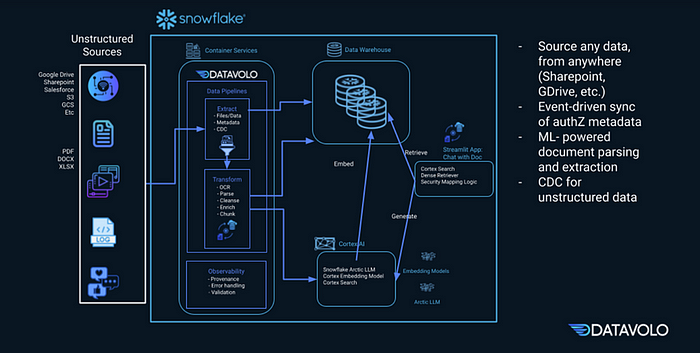
Transformers: The Past, Present, and Future of Artificial Intelligence
The evolution of artificial intelligence has been profoundly influenced by the Transformer architecture, introduced in the 2017 paper Attention Is All You Need. By replacing traditional RNNs and LSTMs with a self-attention mechanism, Transformers have enabled revolutionary applications such as GPT-3 for language generation, DALL-E for image creation, and Vision Transformers for image classification. Despite these successes, Transformers face critical challenges, including high computational costs, reliance on massive datasets, inherent biases, and limited interpretability. The future of Transformers holds promise through innovations like sparse attention, model distillation, and fairness-focused training algorithms. Efforts to democratize AI, reduce energy consumption, and mitigate bias are paving the way for more accessible, ethical, and sustainable AI solutions. By addressing these challenges collaboratively across academia, industry, and government, the AI community can unlock a transformative future for technology, ensuring broader access and meaningful impact across industries and societies worldwide.
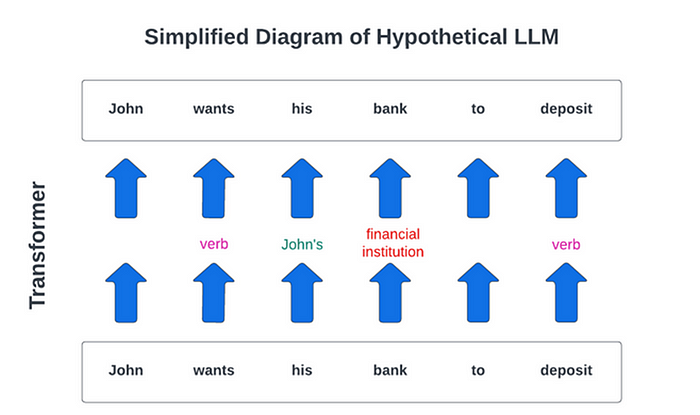
AWS re:Invent 2024: Key Highlights and What to Expect
AWS re:Invent 2024 kicks off on December 2nd, promising an exciting showcase of cutting-edge cloud innovations and industry-shaping discussions. This year’s event will spotlight advancements in generative AI, edge computing, cloud-native architectures, and sustainability, alongside enhanced security features tailored for modern enterprises. Attendees can look forward to keynotes from AWS leaders, hands-on labs, certification opportunities, and tracks covering AI, data analytics, app development, and more. With inspiring customer success stories and networking events like the AWS re:Play Party and partner meetups, re:Invent continues to set the bar for cloud computing conferences. Prepare your agenda and dive into the future of cloud-driven transformation!
Click here to read the full article here

Dean’s List # 23 — Tobiko: Data Transformation Platform That Helps You Ships Data Faster
At the Databricks Summit, I interviewed Toby Mao, CTO of Tobiko, an open-source data transformation company revolutionizing workflows with its flagship product, SQLMesh. Designed to simplify data transformation, SQLMesh empowers data scientists and analysts to focus on insights by automating engineering complexities, reducing the need for dedicated data engineers. Powered by SQLGlot, a Python SQL parser, SQLMesh offers standout features like automatic column-level lineage, change detection, and robust performance, making it both a transformation and governance tool. What sets Tobiko apart is its deep SQL integration, offering unparalleled observability and lineage tracking. Recently, Tobiko introduced Tobiko Cloud, an enterprise-ready version of SQLMesh with tools like SQLMesh Observer for monitoring and Managed State for governance. For companies managing large data volumes and complex SQL workflows, SQLMesh automates and optimizes processes, ensuring seamless, precise data delivery. Tobiko stands out as a transformative platform redefining how organizations manage data pipelines. Watch the full interview on IntellaNOVA here.
